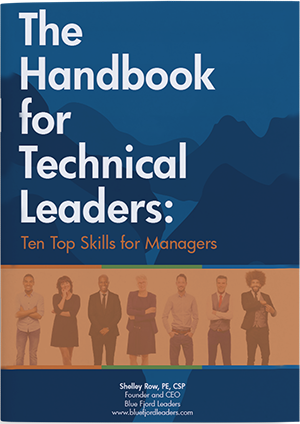
Artificial intelligence (AI) is revolutionizing various industries, and engineering is no exception. As engineers, it is crucial to understand the evolving landscape of AI and its intersection with Emotional Intelligence (EI), particularly in the context of better workplace environments, increased teamwork, and greater self-awareness. This article explores the transformative power of AI and EI with a focus on benefits for engineers.
Understanding AI’s Current Impact:
AI encompasses technologies like machine learning, natural language processing, and computer vision, empowering machines to perform tasks that traditionally required human intelligence. The adoption of AI has skyrocketed in recent years, with organizations across diverse sectors leveraging its capabilities. According to a report by Gartner, AI adoption in the workplace has grown by 270% in the past four years (Davenport, 2020).
The Rising Importance of Emotional Intelligence (EI) for Engineers:
While technical skills remain essential, EI is gaining recognition as a critical attribute for engineers. Recent studies, such as research published in the Journal of Engineering Education, have demonstrated that engineers with higher EI excel in leadership roles, exhibit better teamwork, and navigate workplace conflicts more effectively (Riggio et al., 2022). The fusion of technical expertise and emotional intelligence enhances engineers’ ability to tackle complex challenges and foster positive work environments.
AI’s Role in Augmenting EI:
AI is increasingly being utilized to bolster EI capabilities. Machine learning algorithms can analyze facial expressions, tone of voice, and body language to accurately infer emotions. This technology finds applications in sentiment analysis, customer feedback analysis, and interview assessments. Stanford University researchers have developed AI algorithms that achieve up to 80% accuracy in emotion detection based on facial expressions (Khorrami et al., 2022).
Ethical Considerations and Societal Impact:
While AI can be instrumental in understanding emotional dynamics, ethical concerns, and societal impact cannot be ignored. Privacy, data collection, algorithmic biases, and transparency are crucial considerations when implementing AI tools for emotional analytics. Recent articles, such as one published in the Financial Times, highlight the necessity of regulations to prevent the misuse of AI and protect individuals’ rights (FT, 2023). Engineers must champion responsible and ethical AI practices to ensure fairness, transparency, and accountability.
The Future Outlook: AI and EI Synergy:
The integration of AI and EI holds immense promise for engineers. Looking ahead, advancements in AI technologies will yield more sophisticated emotional analytics tools, enabling engineers to navigate complex social situations with greater understanding and empathy. This synergy can result in improved human-machine interactions, personalized engineering solutions, and the development of empathetic designs tailored to meet human needs.
Engineers can actively cultivate their EI alongside technical expertise. Leadership training programs, such as those offered by reputable organizations like Blue Fjord Leaders, provide practical tools and strategies to enhance EI, communication skills, and leadership abilities. By investing in personal and professional development, engineers can thrive in the era of AI, creating positive impacts within their teams and the engineering community at large.
Click here to learn more about training programs from Blue Fjord Leaders including the 60-Day Leadership Challenge.
References:
Davenport, Thomas H. “Artificial Intelligence Adoption Grew 270% in the Past Four Years.” Gartner, 2020. www.gartner.com/en/newsroom/press-releases/2020-01-22-gartner-survey-reveals-37-percent-of-organizations-have-adopted-ai-in-their-businesses.
“Regulation is needed to prevent misuse of AI.” Financial Times, 2023. www.ft.com/content/46d56c75-57d5-44ef-812c-5e58865f0179.
Khorrami, Pooya et al. “DeepSense: A Unified Deep Learning Framework for Time-Series Mobile Sensing Data Processing.” ACM Transactions on Sensor Networks, 2017, article no.
Riggio, Ronald E. et al. “The Disposition and Skills of Engineers: A Study of Emotional Intelligence, Personality, and Cognition.” Journal of Engineering Education, 2022, pp. 169-181.





0 Comments